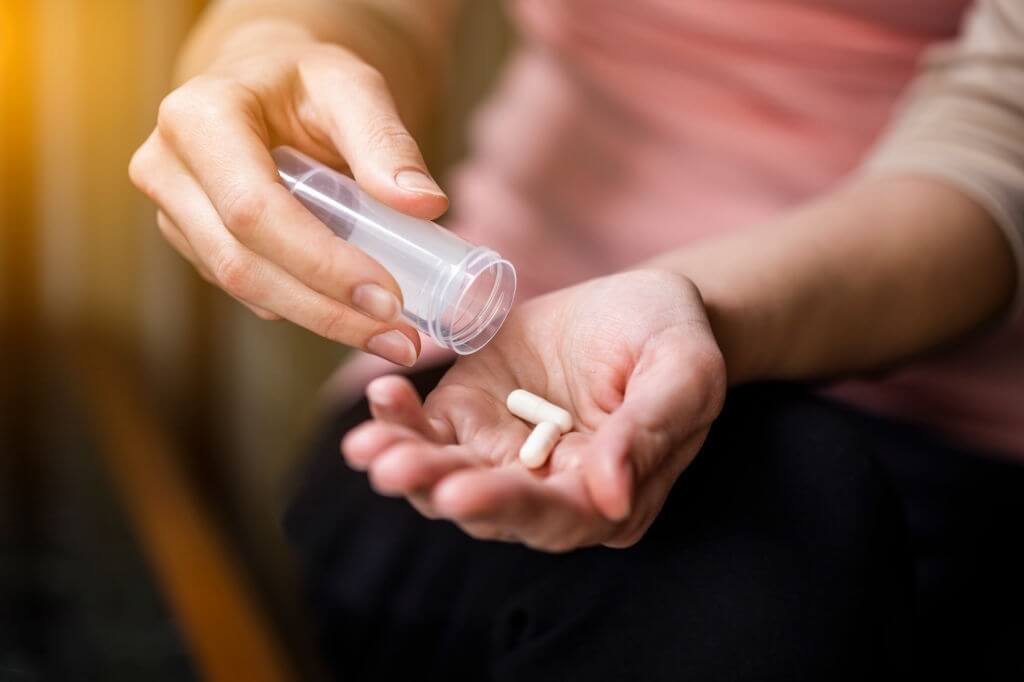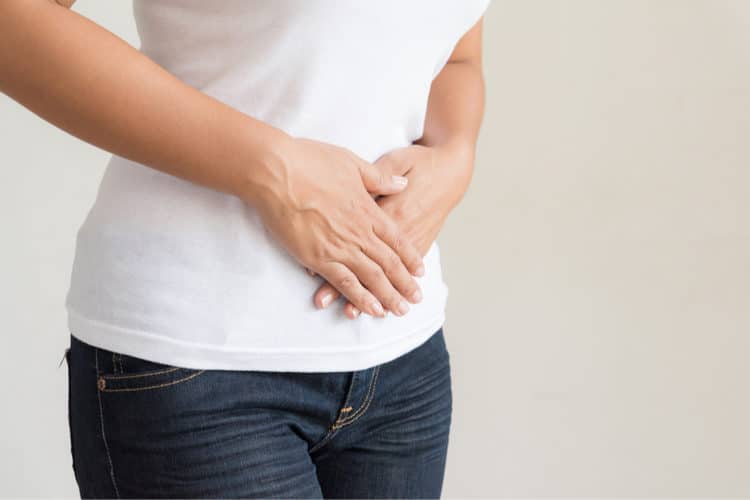Health Check: Exploring The Effects Of Linzess On Kidney Function!

Linzess (linaclotide capsules) was permitted by the FDA in August 2012. It is a daily treatment for adults with IBSC (Irritable Bowel Syndrome with Constipation) or CIC (Chronic Idiopathic Constipation). IBS is estimated to affect 1.335 million people. Symptoms related to this condition include abdominal pain and constipation.
Can Linzess Affect Your Kidneys Badly?
According to Ironwood Pharmaceuticals, Inc. and Forest Laboratories, Inc., linaclotide is a first-level guanylate cyclase C (GCC) agonist and acts locally in the intestine with minimal systemic exposure. Intestinal pain is relieved and accelerated gastrointestinal transit is observed due to it.

Pharmacology and Pharmacokinetics
It is stated that linaclotide is a guanylate cyclase C (GCC) agonist by the full prescribing information for Linzess. Linaclotide in Linzess as well as its active metabolite bind to guanylate cyclase C. They act locally on the surface of the intestinal epithelium exposure. GCC activation leads to an increase in both intracellular and extracellular concentrations of cyclic guanosine monophosphate (cGMP). Secretion of chloride and bicarbonate in the intestinal lumen is stimulated by an increase in intracellular cGMP, mainly by activating the ion channel of the Cystic Fibrosis Transmembrane Conductance Regulator (CFTR). This leads to an increase in intestinal fluid and accelerated transit.
An increase in stool frequency and change in stool consistency as measured by the Bristol Stool Shape Scale (BSFS) has been shown by ingesting Linzess.
Linzess is negligibly absorbed after ingesting orally with low complete availability and is slightly distributed in body tissue. In Linzess, the linaclotide is broken down to its main active metabolite in the GI tract through the loss of the tyrosine terminal unit. Smaller peptides and natural amino acids in the intestinal lumen are formed by breaking down both linaclotide and the metabolite.
Although this drug has not been studied in patients with liver or kidney dysfunction, kidney or liver dysfunction is not to be expected. Because linaclotide and its metabolite are metabolized in the GI tract.
Dosage and Application
Ideally, it is recommended to ingest Linzess orally once a day on an empty stomach. At least 30 minutes prior to the first meal is needed for the first dosage. The recommended doses are 290 µg and 145 µg. The medication must be swallowed whole.
The 145 mcg dose is opaque white to cream with grey imprint “FL 145” and the 290 mcg dose is opaque white to cream with grey imprint “FL 290”.
Clinical Studies
In phase III clinical studies which were placebo-controlled with more than 2,800 adults, Linzess has been shown to meaningfully reduce abdominal pain in IBSC patients. This led to a significant increase in the frequency of bowel movements in both IBSC and CIC patients.
Enhancements were testified in the first week of treatment and persevered throughout the treatment period. A subgroup of Linzess-treated patients, when switched to placebo in the studies, recounted their symptoms returned to pre-treatment levels within a week, while placebo-treated patients switched to Linzess and practised an enhancement in reported symptoms.
Contraindications, Warnings and Precautions
For patients up to 6 years of age, Linzess is contraindicated by paediatrics. Use in paediatric patients 6 to 17 years of age should be avoided. Also in patients with known or supposed mechanical GI obstruction, Linzess is contraindicated.
The most common side effect reported by patients treated with Linzess during clinical trials was diarrhoea, with 2% of patients reporting severe diarrhoea. Other side effects reported during clinical trials include abdominal pain, gas, headache, viral gastroenteritis, and gas.
Effect of Linzess on Kidneys
Keeping all the above-mentioned pointers in mind, excessive or regular use of Linzess can produce more waste matter in the body than the kidney’s capacity to filter and expel this waste. Such operation of the body can take a toll on the kidneys which might even force them to shut down. This can become a grave threat to the body as more and more toxic waste will accumulate. Avoiding depending on Linzess heavily might be the best solution to avoid mishaps. A regulated dosage should not be able to harm the kidneys.
Tell your doctor if you’ve got any aspect result that bothers you or doesn’t go away. These aren’t all the doable side effects of Linzess. Raise your concern with the doctor or caregiver for additional information. Move to the ER or decide with your doctor if you have uncommon or severe abdominal pain (abdominal pain), particularly if you have bloody or black stools. Keep Linzess out of children’s reach. It’s not identified if LINZESS is safe or effective in children below eighteen years of age.





